
Here is the poem that was written and read by Elizabeth Alexander last Tuesday at Obama's inauguration, typed up by my mother, poet Joyce Kennedy.
This link goes to Alexander's bio in a program for a 1994 conference called "Furious Flower: A Revolution in African American Poetry" honoring Gwendolyn Brooks – there's even a letter there from Bill Clinton, sending his and Hillary's greetings to the participants. (I wonder how often – if ever – that happened in the Bush administration.) The conference notes make me realize how little poetry we see in bookstores any longer, in even those bookstores that are still around.
I thought it was fantastic to have a poet at the inauguration, as it was to have world class musicians playing at the magical moment when power changed hands, right at noon, in advance of the bungled oath. My mother has this to say about the public response:
In googling for the poem, I was surprised to find a great deal of negative criticism. Seems people did not think it "poetic" enough--it didn't "soar," it was filled with banal, every-day images, prosaic language, etc. They didn't like the way she delivered the poem, either – the fact that people started dispersing as she was reading (I noticed that, too) meant that the words were not inspiring to them. Of course, a lot of the criticism, as in many blog responses, comes from opinionated, loud-mouthed (metaphorically) people who probably don't know a fig about poetry.
The comments come, I'm sure, from people's notions of what poetry is, what it is supposed to do. I thought Alexander's poem fit in well with Obama's respect for "the least of these," for community, and for the power of words.
I do think it is very difficult to write an "occasional" poem. One of the bloggers invoked Robert Frost, the poet at John Kennedy's inauguration (and the first one to read at such an event). But Frost wrote a banal poem for the occasion which luckily got blown away in the wind (another version has it that he couldn't see the words with his 87 year-old-eyes) so he recited one of his good poems from memory.
I didn't find Alexander's poem banal – I thought it drew well on themes associated with Obama, in language ("say it plain") that could be understood by many. It's interesting what a bad rap poetry gets (a headline in The New York Times this past week, on another topic entirely, was "No Time for Poetry"): it's usually seen as either too accessible or too obscure. I attribute this to the fact that so few people seem to read it or give it any serious thought, resorting to relatively inchoate notions of some kind of "soaring" language. Like other art forms, it exists within traditions – Alexander clearly knows them well.
(Of course the reading is on YouTube, too: the comments there are particularly dumb, of the "im not that interested in poetry and stuff but even i know poetry rymes" school of criticism.) Here's to some praise for the Praise Song – and may we always have presidents who include poets in the mix.
Praise Song for the Day:
A Poem for Barack Obama’s Presidential Inauguration
Each day we go about our business,
walking past each other, catching each other’s
eyes or not, about to speak or speaking.
All about us is noise. All about us is
noise and bramble, thorn and din, each
of our ancestors on our tongues.
Someone is stitching up a hem, darning
a hole in a uniform, patching a tire,
repairing the things in need of repair.
Someone is trying to make music somewhere,
with a pair of wooden spoons on an oil drum,
with cello, boom box, harmonica, voice.
A woman and her son wait for the bus.
A farmer considers the changing sky.
A teacher says, Take out your pencils. Begin.
We encounter each other in words, words
spiny or smooth, whispered or declaimed,
words to consider, reconsider.
We cross dirt roads and highways that mark
The will of some one and then others, who said
I need to see what’s on the other side.
I know there’s something better down the road.
We need to find a place where we are safe.
We walk into that which we cannot yet see.
Say it plain: that many have died for this day.
Sing the names of the dead who brought us here,
who laid the train tracks, raised the bridges,
picked the cotton and the lettuce, built
brick by brick the glittering edifices
they would then keep clean and work inside of.
Praise song for struggle, praise song for the day.
Praise song for every hand-lettered sign,
the figuring-it-out at kitchen tables.
Some live by love thy neighbor as thyself,
others by first do no harm or take no more
than you need. What if the mightiest word is love?
Love beyond marital, filial, national,
love that casts a widening pool of light,
love with no need to pre-empt grievance.
In today’s sharp sparkle, this winter air,
any thing can be made, any sentence begun.
On the brink, on the brim, on the cusp.
Praise song for walking forward in that light.
Elizabeth Alexander, 2009, All Rights Reserved





























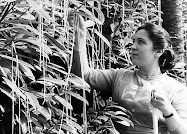


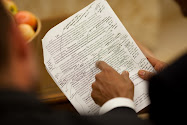
























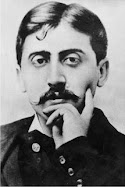






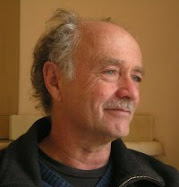











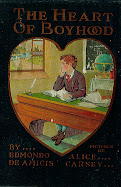
















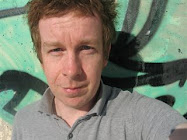










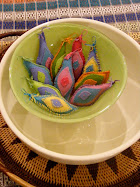




















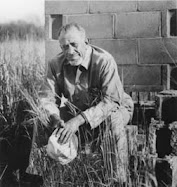









.jpg)














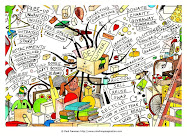






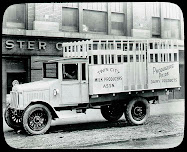





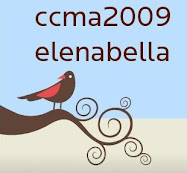




























































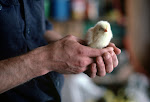
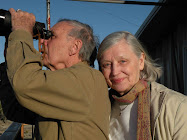
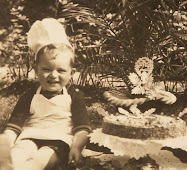














































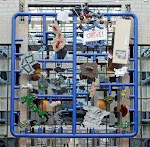.jpg)








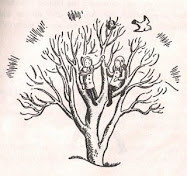







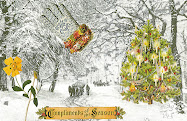



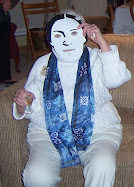









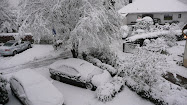











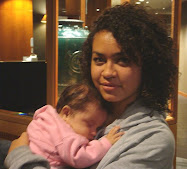






























































3 comments:
Thanks, Joyce! The poem scans better than it sounded, but even then it was (a) impossible to follow Obama, and (b) a wonderful bridge between his "let's get to work" sermon and Joseph Lowery's rockin' benediction.
Coincidentally, Elizabeth Alexander came to Ragdale while I was there, and she was a really nice person with maturity beyond her years (this was 15 years ago), so I'm not surprised at the depth and subtlety of the poem.
All the public commentary about Alexander makes me think of how vulnerable poets feel, often, in part because the greater public NEVER sees them giving readings, and probably doesn't understand what all the fuss is about. No music, no dance, no exhortations, no sermons, not American Idol… it's something else. This reminded me of a story told on facebook recently by poet Phebe Hanson:
"I remember a reading I did at the Guild for the Performing Arts on the West Bank--one of my first readings ever and I was so old (47) while the two poets I read with
were young young young and since I
read first, from typed pages (didn't even have a chapbook) at intermission both Jonathon Sisson and that three-named Irishman from St. Thomas whose name I've forgotten--'twill come to me in the middle of the night--oh yes! Thomas Dillon Redshaw!--each came up to me and asked to see my line breaks which I thought was terribly audacious and to which I responded, clutching my poems to my bosom, 'I never show my line breaks to anyone.' Ah yes, those were the days..."
Here, here! I LOVED Elizabeth Alexander's poem.
Post a Comment